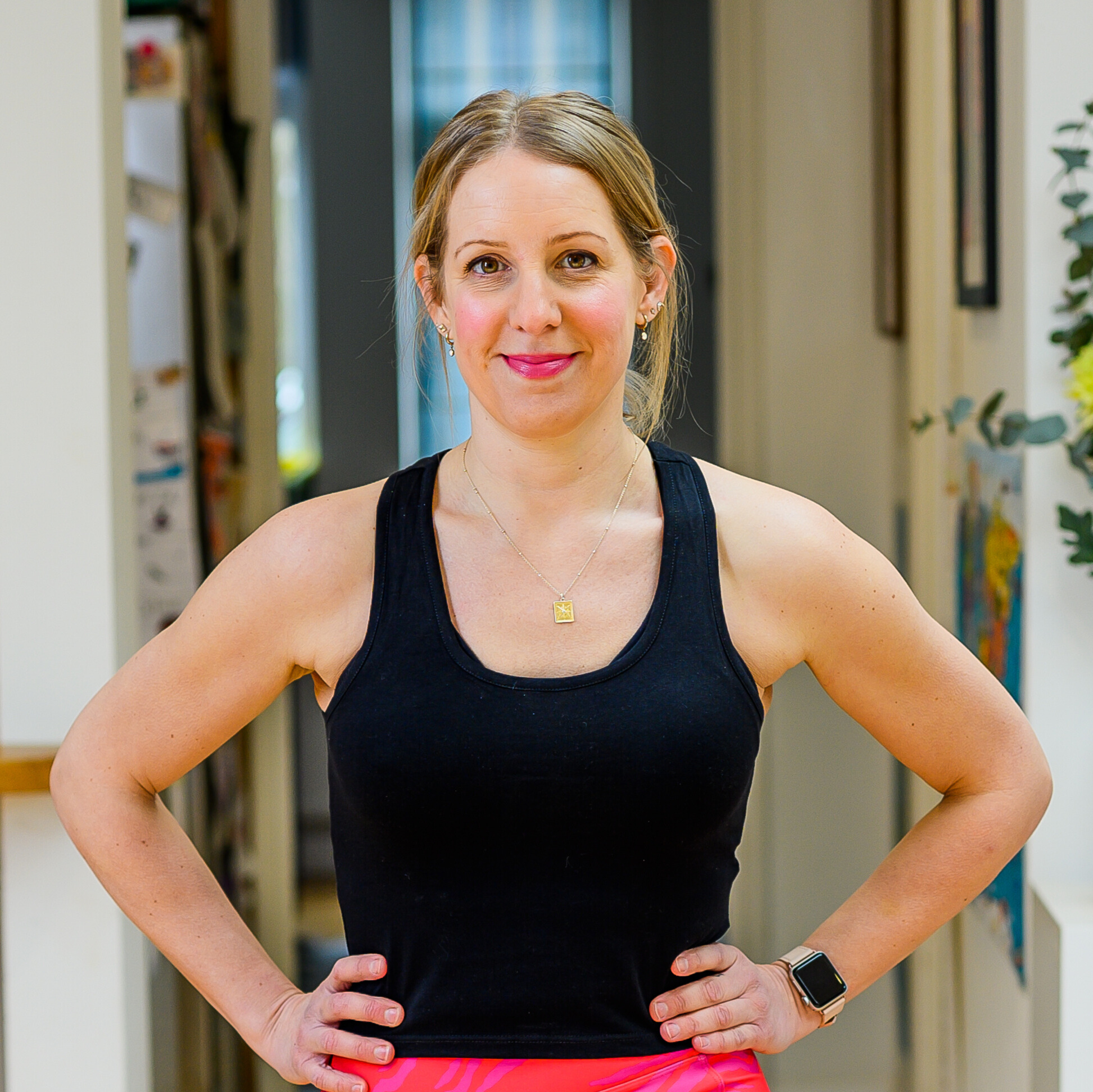Is swimming cardio?
Is swimming cardio? We speak to a swim coach to find out this full body workout could help you live longer

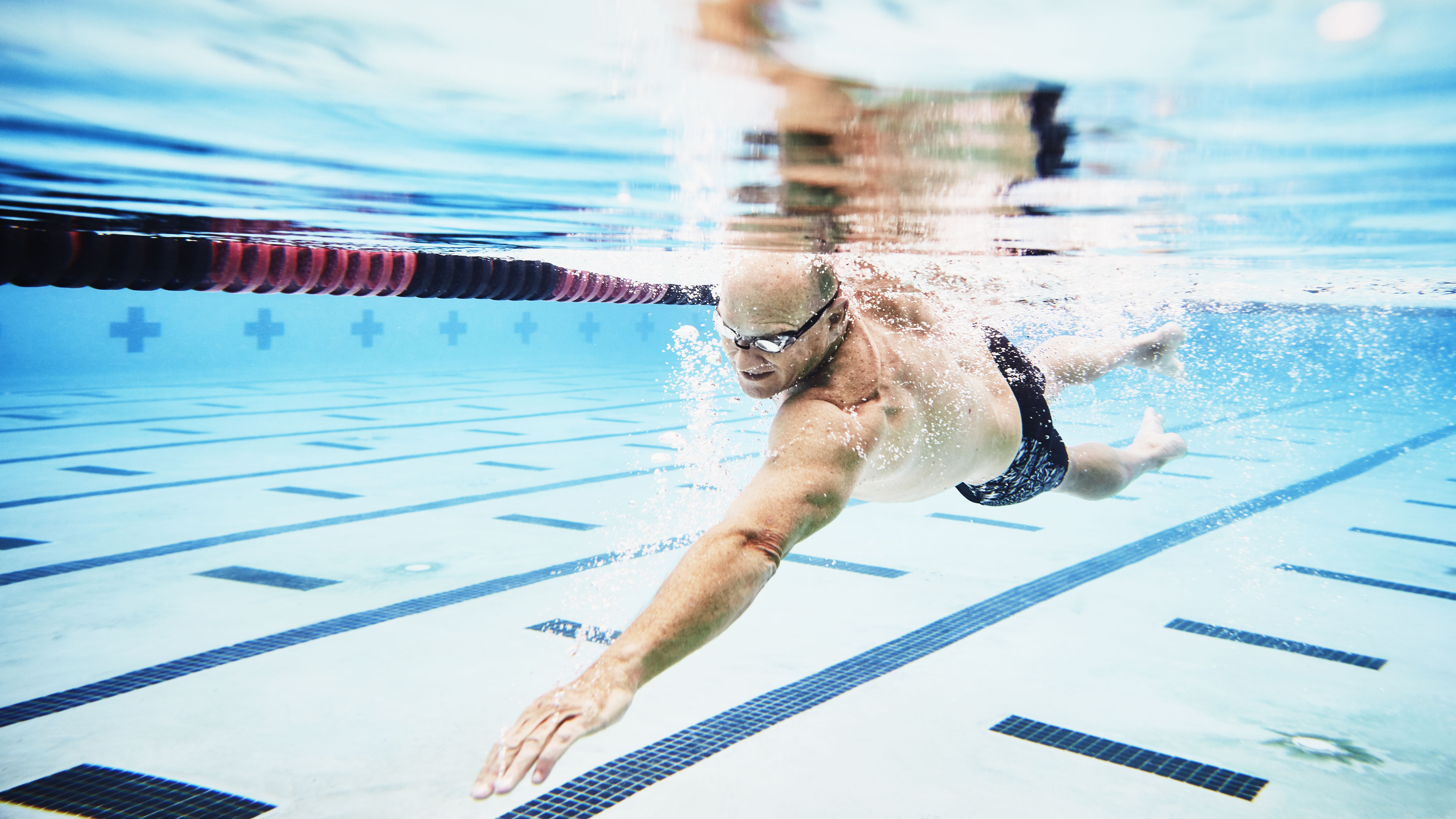
Is swimming cardio or is it considered to be a strength exercise? The answer is both but there’s no doubt swimming is a great cardiovascular workout.
When it comes to the benefits of swimming, the list is fairly long. Regular swimming can keep your body and mind healthy and active, and, as the water supports up to 90 percent of your weight, it’s low impact and easy on the joints, which means you’re at less risk of injury.
What’s more, the Swimstrong Foundation says swimming is great for improving cardiovascular fitness (your heart and lung health) and, because our blood is how we receive nutrients, it helps improve circulation and cardiac efficiency.
This in turn can reduce the risk of heart disease, stroke, type 2 diabetes, cancer and lower the chance of early death. Indeed, researchers at Indiana University Bloomington's Counsilman Center for the Science of Swimming have found that it helps you age better.
What is cardio exercise?
Cardio (or cardiovascular) exercise refers to any type of workout that increases your heart and keeps it there for a prolonged period. “It’s also known as aerobic exercise because it uses the aerobic energy system whereby the body's intake of oxygen is used to facilitate movement,” says Simon Bennett, co-founder of TRI-FIT Athletic and an AUST Swim qualified coach.
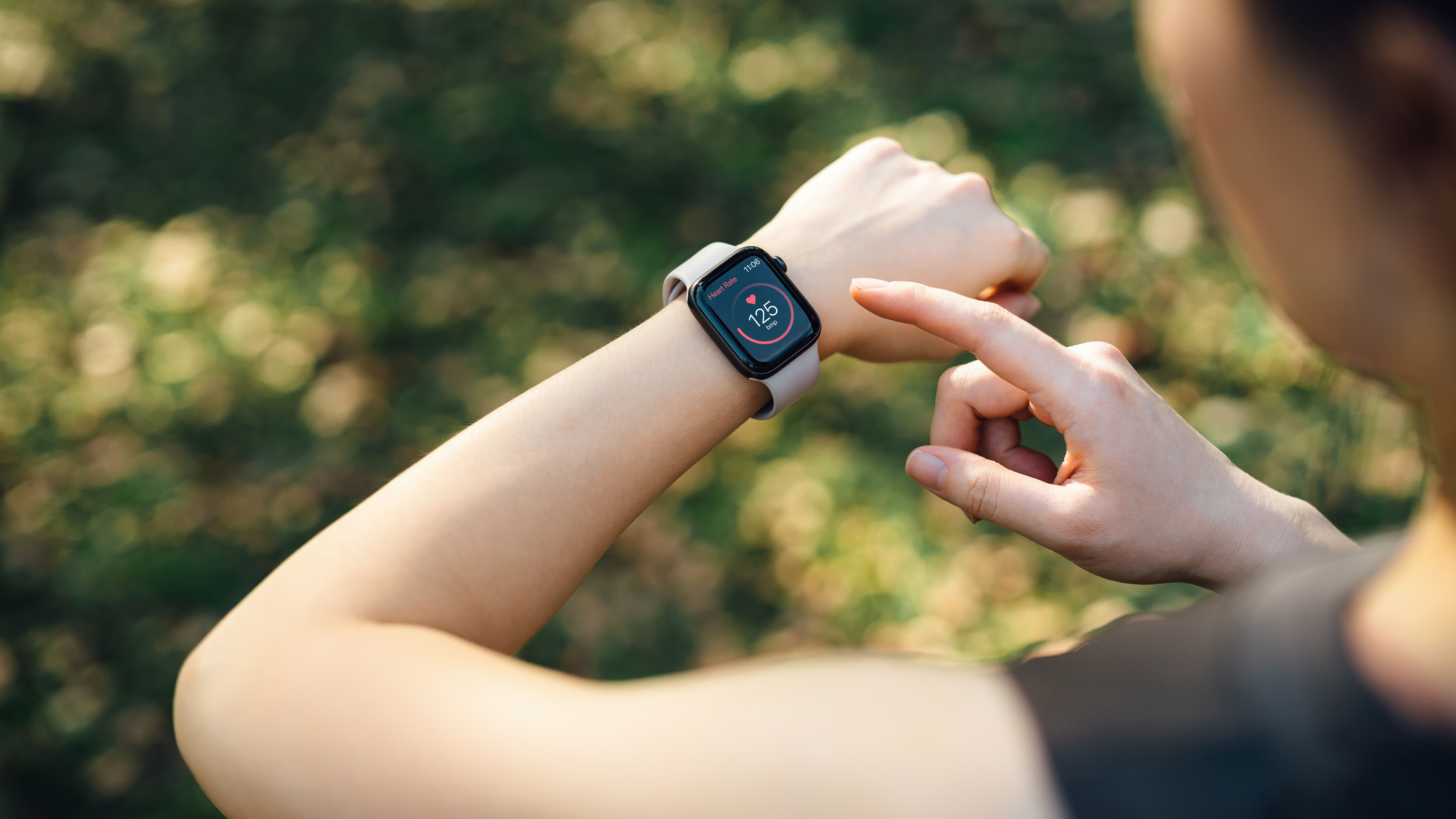
Is swimming cardio?
So is swimming cardio? “Absolutely it is,” says Bennett. “In fact, it would be deemed one of the hardest form of cardio exercise for these two main reasons:
“For each stroke style (freestyle/front crawl, breaststroke, butterfly or backstroke) you are using every muscle and joint in the body. Unlike cycling, for example, where the focus is more on the lower body.
Start your week with achievable workout ideas, health tips and wellbeing advice in your inbox.
“You don't technically 'hold' your breath, however you don't breathe as freely as you do when performing land-based cardio exercise. This is due to the nature of having to submerge your face underwater to perform an efficient swimming technique in between receiving oxygen (breathing in).
“Saying that, you also need to be aware that swimming can also be 'anaerobic', which is where the body utilizes stored glycogen (sugar) from the muscle tissue or the liver to produce energy/movement. This is done in the higher intensity zones of the exercise.”
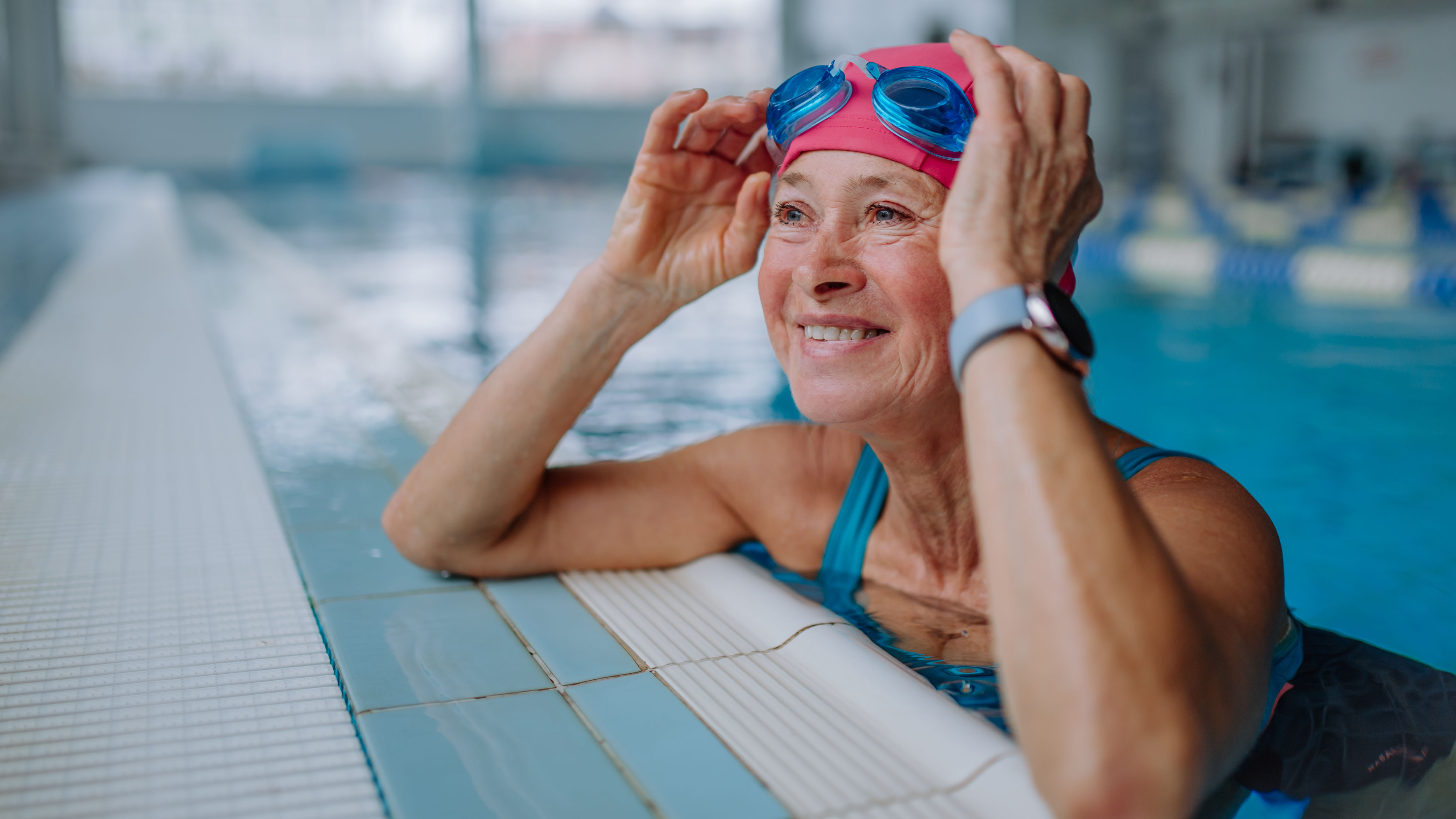
What are the benefits of regular swimming sessions?
So what are the benefits of swimming? First of all, it offers a full body workout, having a similar effect to using the best exercise machines to lose weight. It has no age limit and it can be enjoyed by all fitness abilities. It’s also low impact and takes some of the impact stress off your body because your weight is supported by the water – reducing the load on your joints.
“Any kind of cardio training has a positive effect on the cardiovascular system,” says Bennett. “The main benefit of swimming is strengthening the heart and lungs and their ability to function efficiently. With a strong and healthy heart, you dramatically reduce the risk of life-threatening illnesses like heart disease.
“Then there's the calories burnt during swimming. As we know, swimming requires every joint and muscle in the body to be working together, which means the energy demands are high. With high energy demands also comes high calorie burn. So, if you're looking to keep fit and lose some unwanted body fat then swimming will certainly burn the calories.”
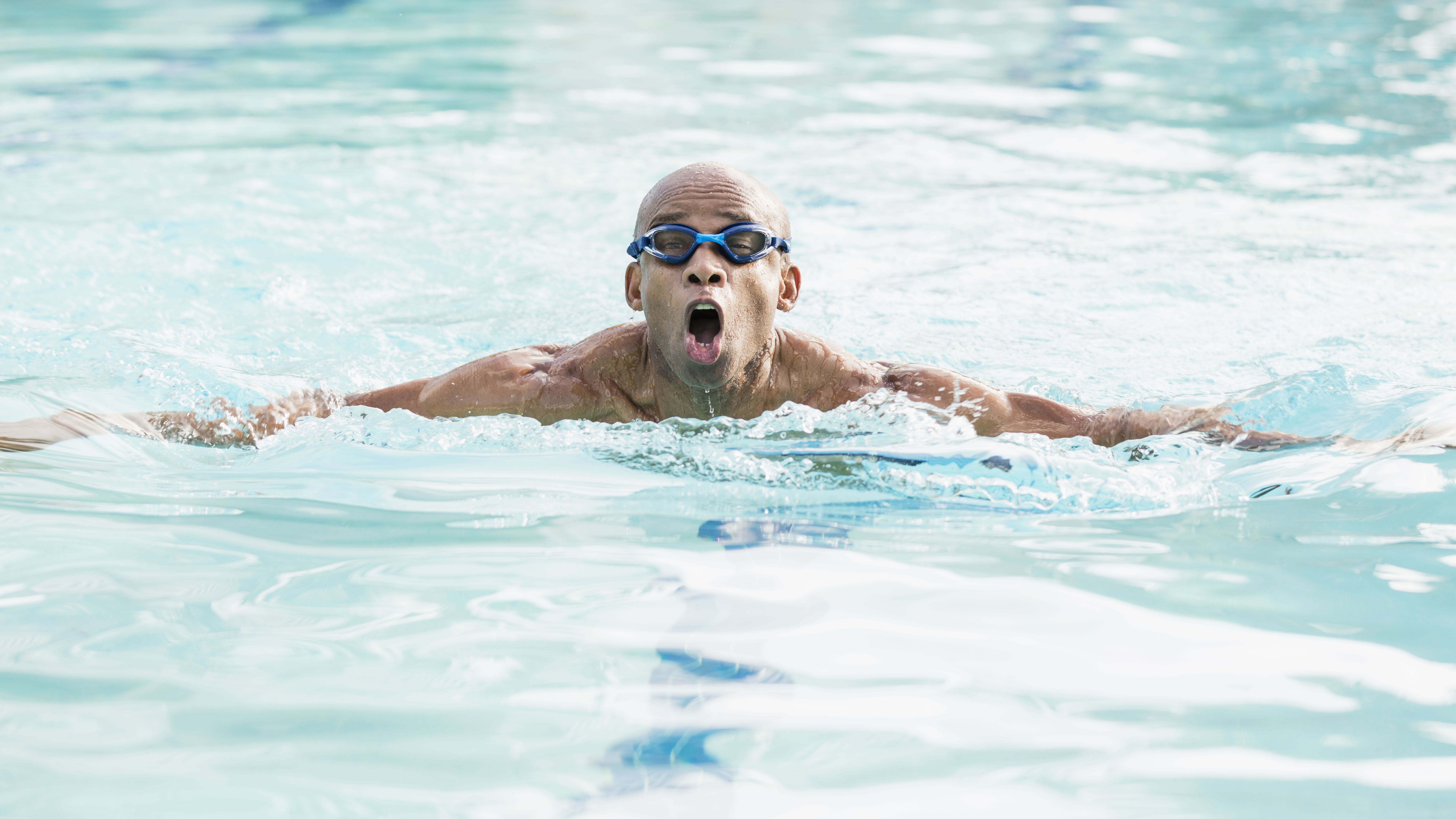
Swimming regularly also helps to build endurance and muscle strength. It could also help you recover quicker from injury, according to a study in the Journal of Rheumatology.
And that’s before you get started on the benefits to mental health. Swimming is a great stress buster and, like all exercise, it can release feel good endorphins in your brain lifting your mood. Swimming outdoors gives an added boost to mental health by virtue of being among nature. This has been shown to reduce feelings of anxiety and depression, according to the American Psychological Association.
Wondering if you can do this all on the cheap? Read our piece on how to get started with wild swimming if you fancy exploring the outdoors for free.
How to get started with swimming
Bennett says: “If you weren't fortunate enough to learn to swim as a child, then fear not… the first thing you should do is get lessons. Find a local swim center and sign up for the beginner classes. There will be child and adult classes there and you can commit to a term or a block.
“Once you've got confidence in your ability to swim, then decide what you want to do with your swimming. Open water? Triathlon? Racing? Or just general fitness. The path to each will have their own set of styles and commitment levels. For example, for triathlon swimming you'll learn the art of 'sighting' while swimming, which is a technique used to ensure you're swimming towards a particular marker in the water and in a straight line.
“The main thing about getting started with swimming is to just have fun and enjoy it! Improving your health through physical exercise will always be rewarding. Invest in a good kit and challenge yourself whenever you can.”
Maddy Biddulph is a journalist specializing in fitness, health and wellbeing content, with 26 years in consumer media working as a writer and editor for some of the bestselling newspapers, magazines and websites in the US and UK, including Marie Claire, The Sunday Times and Women’s Health UK.
She is a CIMPSA-certified PT and works one-on-one with clients, as well as running Circuits Club classes which mixes cardio and strength training and chair-based exercise classes for seniors.
